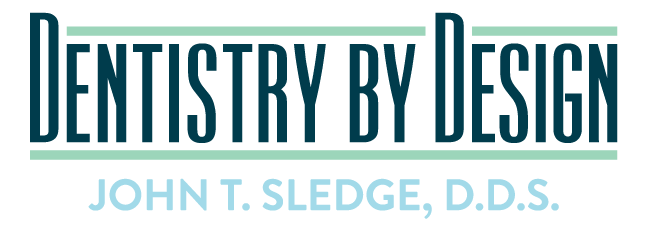Tips on Preventing a Dental Emergency
A dental emergency is defined as an issue that requires immediate care. These can range from pain, swelling, and abscesses to fractured, lost, or chipped teeth due to trauma.
While some dental emergencies occur randomly, others can be preventable. The best way to manage a dental emergency is to prevent one from happening. Here are 5 ways to prevent dental emergencies:
Practice Daily Dental Hygiene
While breaking a tooth from falling or getting hit in the face may be the first image that comes to mind when you think of dental emergencies, it is common for dental emergencies to be related to basic dental health issues such as pain associated with cavities or decay. Preventative care is key.
Dr. Sledge recommends brushing your teeth twice a day, using a soft-bristled toothbrush and fluoride toothpaste to clean all surfaces of your teeth for at least 2 minutes. Besides brushing, you should also floss in between each tooth every night before going to bed to remove harmful plaque and bacteria missed by your toothbrush. For more instructions on proper oral care, visit our suggested “Home Care” instructions.
Schedule Regular Dental Check-ups
Checkups and cleanings allow us to detect problems with your teeth and gums before they become an emergency. Not only can we find cavities before they become painful, we can also find small fractures or weak spots that may cause a chipped or broken tooth if untreated. The dentist has the tools to eliminate stubborn plaque deposits that cannot be cleaned by regular brushing. If you fail to visit the dentist, you put yourself at the risk of cavities and gum diseases.
During your appointment, Dr. Sledge will carefully examine your oral cavity for signs of oral health issues and provide preventive care. For more information, see “Cleanings and Preventions”.
Protect Your Teeth from Trauma & Grinding
Many dental injuries result from trauma or injury to the face, such as from an accident, fall, or sports-related event. You cannot always prepare for this type of situation; however, you can if you play sports wearing an athletic mouth guard significantly reduces your risk of injury to your teeth, gums, and oral structures.
Trauma can also be caused by long-term pressure or strain on your teeth, like what is caused by bruxism. The grinding and pressure will wear down your enamel, increasing your risk of a fracture or even a loose tooth. A nightguard provides a protective barrier between the upper and lower teeth to prevent a costly dental bill down the road.
For more information on custom athletic mouth guards and nightguards, please give us a call. (920) 854-5200
Use the Correct Tools, Not your Teeth
Get in the habit of using an appropriate tool for each task. Do not use your teeth to open or rip apart items, which puts unnecessary stress on them. You should only use your teeth for consuming food.
When it comes to opening packaging or cutting stray strings, reach for the scissors or other appropriate tools, and you could likely prevent a dental emergency.
Avoid Chewing Extremely Hard Foods
Although biting and chewing are natural functions of the teeth, attempting to bite or chew extremely hard foods can result in damage to the teeth. Most commonly teeth will become chipped or cracked from foods that are too hard. For a list of the most common food that can damage your teeth, see the American Dental Association’s “Top 9 Foods That Damage Your Teeth”.
The Bottom Line
Dental emergencies can be debilitating. They cause pain, long-term damage and sometimes require expensive, invasive dental procedures. With preventive care, you can reduce your chances of having a dental emergency.
Request an appointment here or call Dentistry by Design at (920) 854-5200


